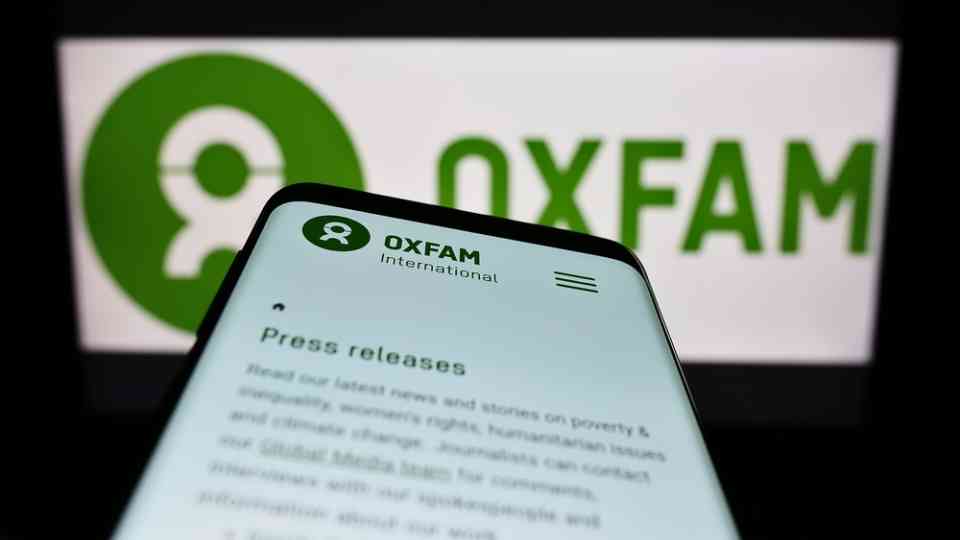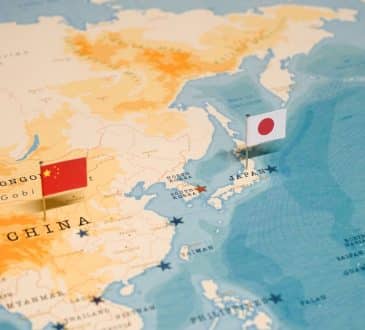New Global Index Exposes Alarming Rise in Economic Inequality Worldwide

A new global index has revealed that nine out of ten countries are pursuing policies that are likely to exacerbate economic inequality. The report, published by Oxfam and Development Finance International (DFI), shows that 94% of countries with current World Bank and International Monetary Fund (IMF) loans have reduced crucial investments in public education, healthcare, and social protection over the past two years. This figure rises to 95% for International Development Association (IDA) countries—the world’s poorest nations.
Kate Donald, head of Oxfam International’s Washington DC office, warned that these cuts are not only disheartening but also dangerous, undermining development efforts. She noted that many countries in the Global South face a painful dilemma: whether to invest in essential public services or adopt austerity measures to meet overwhelming debt repayments. Donald emphasized the severe human toll of these decisions, as millions of people rely on public services to improve their lives and those of their children.
Donald also pointed out that while the World Bank was praised last year for prioritizing inequality, the findings of the report indicate that both the Bank and IMF still have considerable work to do if they are to effectively tackle inequality.
In response to increasing pressure from economists, shareholders, and civil society, the World Bank introduced its first-ever “vision indicator” in 2023, aimed at reducing the number of countries with high inequality. Despite this progress, the report highlights that the Bank has scaled back its prior commitments to promote progressive taxation, including higher taxes on the super-rich. Furthermore, tackling inequality has not yet been fully integrated into the policy framework for the next replenishment of the IDA, which provides low-interest loans and grants to the world’s poorest countries—over half of which are located in Africa. Currently, inequality is high or rising in 54% of countries receiving IDA funds.
The “Commitment to Reducing Inequality (CRI) Index 2024” ranks 164 governments based on their policies regarding public services, taxation, and workers’ rights—all critical areas for reducing inequality. This year’s index reveals a worrying trend: for the first time since the index’s inception in 2017, most countries are regressing across all three key areas.
Overall, 84% of countries have reduced investment in education, health, and social protection, 81% have weakened the capacity of their tax systems to reduce inequality, and in 90% of countries, labor rights and minimum wage protections have deteriorated.
Despite these overall declines, some countries have made improvements. Burkina Faso and Vanuatu have raised their minimum wages, Croatia has increased health investment, and Guyana maintains one of the highest corporate tax rates at 40%. In contrast, other countries have seen sharp declines, such as Argentina, where the new government has slashed public health and education budgets by 76% and 60%, respectively, and is phasing out the wealth tax. Pakistan has also reduced its education and social protection budgets by a third under IMF-imposed austerity measures.
Even top performers in the index, primarily high-income countries like Norway and Canada, lag behind on certain indicators. Around 5% of their populations face catastrophic healthcare costs, and aside from Japan, most have low corporate income tax rates. Denmark, for instance, has been steadily reducing the income tax rate for the wealthiest 1% of its population.
At the bottom of the index, countries from Sub-Saharan Africa dominate, many of which have active World Bank and IMF programs. In these nations, scarce resources are being diverted from critical services like education and health due to low tax revenues, a crippling debt crisis, ongoing conflicts, and the effects of climate change. On average, low- and middle-income countries spend 48% of their budgets on debt servicing, significantly more than they allocate to education and healthcare combined. Six of the ten lowest-ranked countries are either in or on the brink of severe debt distress.
At the G20 finance ministers’ meeting in July 2024, the world’s largest economies agreed for the first time to cooperate in taxing the ultra-wealthy, a move that was welcomed by World Bank President Ajay Banga.
Have you read?
The Top 100 Highest-paid CEOs in America.
Countries With Lowest Rate of Economic Growth in 5 Years.
Countries Most in Debt to China.
Most Attractive Cities for Global Talent.
Largest economies in the world by Share of Global GDP.
Bring the best of the CEOWORLD magazine's global journalism to audiences in the United States and around the world. - Add CEOWORLD magazine to your Google News feed.
Follow CEOWORLD magazine headlines on: Google News, LinkedIn, Twitter, and Facebook.
Copyright 2025 The CEOWORLD magazine. All rights reserved. This material (and any extract from it) must not be copied, redistributed or placed on any website, without CEOWORLD magazine' prior written consent. For media queries, please contact: info@ceoworld.biz








